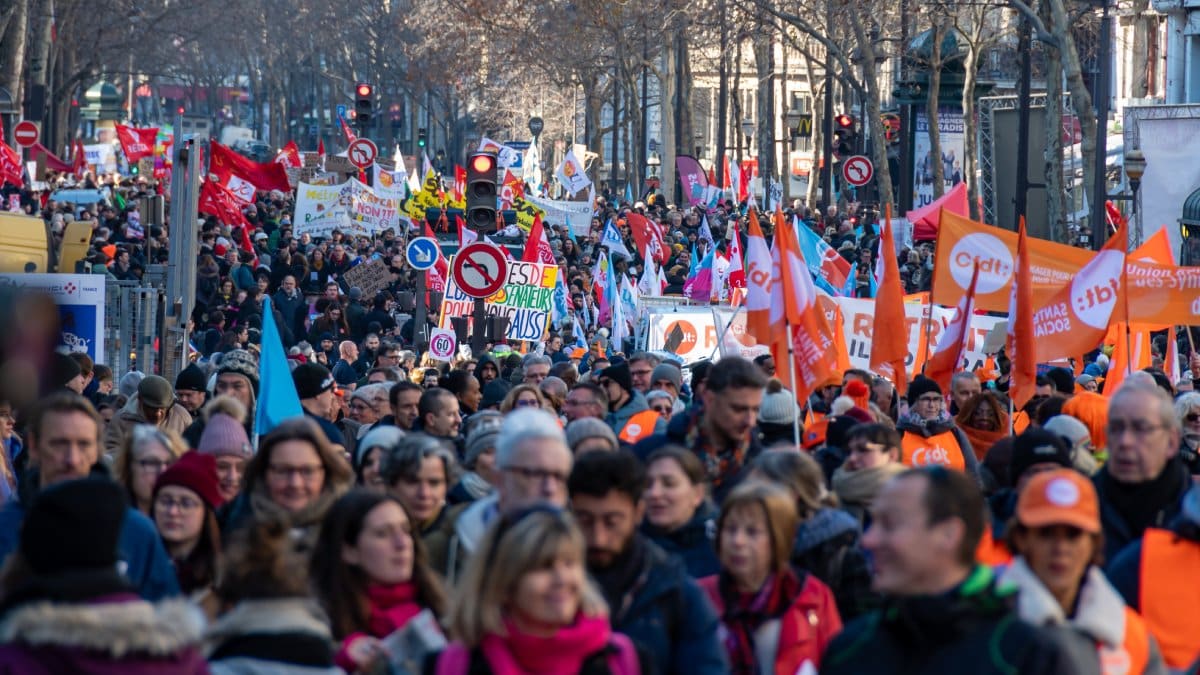The Channel might seem narrow, but the rift between France and the UK is widening at an alarming rate. Political unrest, rising far-right movements, and diplomatic squabbles signal a tumultuous future. How will these mounting tensions impact the lives of citizens on both sides of the Channel?
1. Increase in Small Boat Crossings
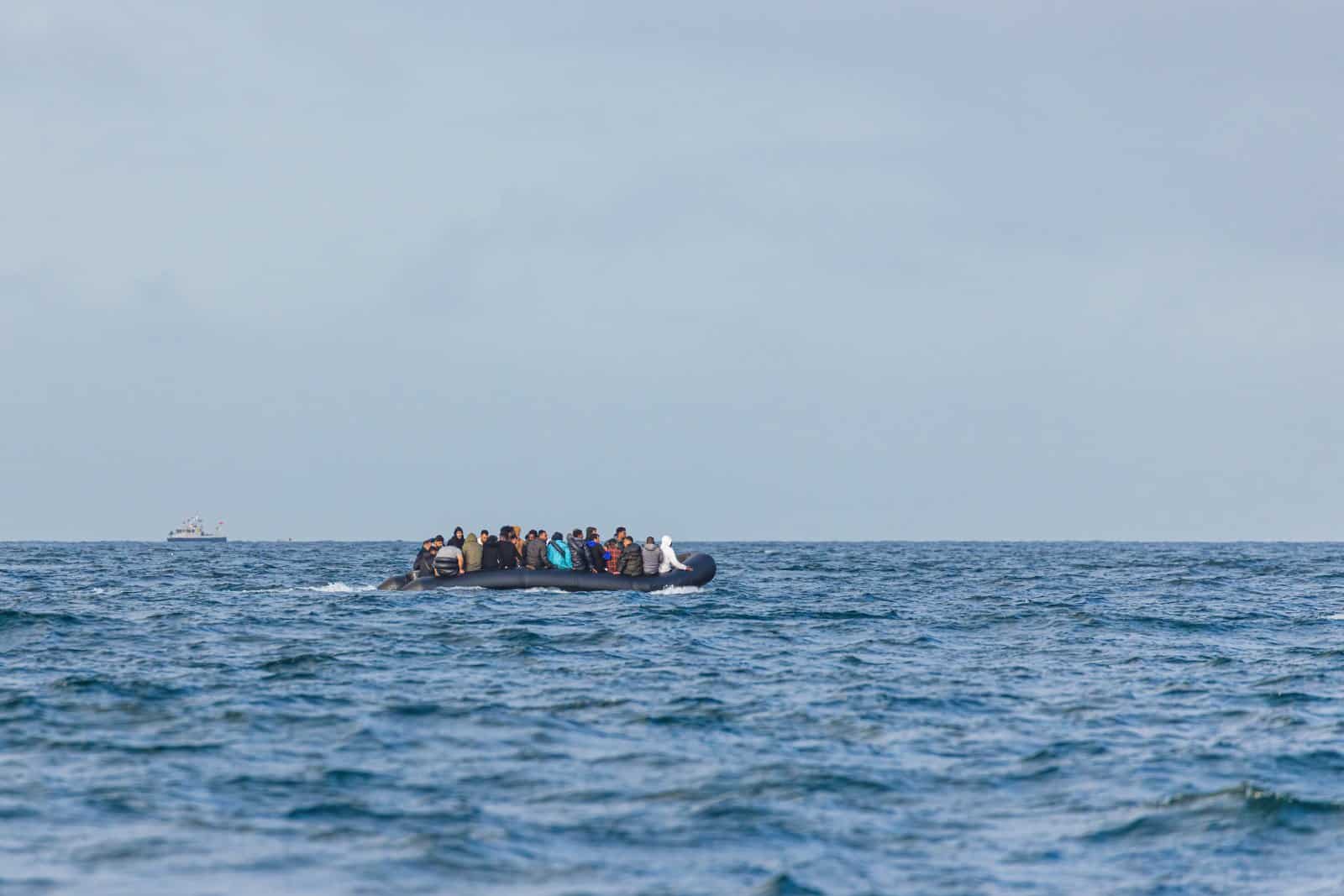
The number of small boats crossing the Channel from France to the UK has surged, straining bilateral relations. This migration crisis has led to heightened political friction, with both countries blaming each other for the lack of effective solutions. The issue remains unresolved, causing significant humanitarian and diplomatic challenges.
2. Rise of the Far Right

France has seen a notable rise in far-right political movements, such as Marine Le Pen’s National Rally. These groups have gained traction by capitalizing on public discontent with immigration and economic stagnation. Their increasing influence poses a threat to social cohesion and stability within France.
3. Contentious Presidential Elections

The recent French presidential elections were marked by deep divisions and polarizing campaigns. President Macron’s re-election faced strong opposition from both the far left and far right. The contentious political climate has left the country more divided than ever, with ongoing protests and unrest.
4. Strained UK-French Relations

Relations between France and the UK have soured, particularly during Boris Johnson’s tenure as Prime Minister. Disputes over fishing rights, border controls, and trade agreements post-Brexit have exacerbated tensions. Diplomatic efforts have so far failed to mend these rifts, impacting cooperation on various fronts.
5. Immigration and Border Control Disputes
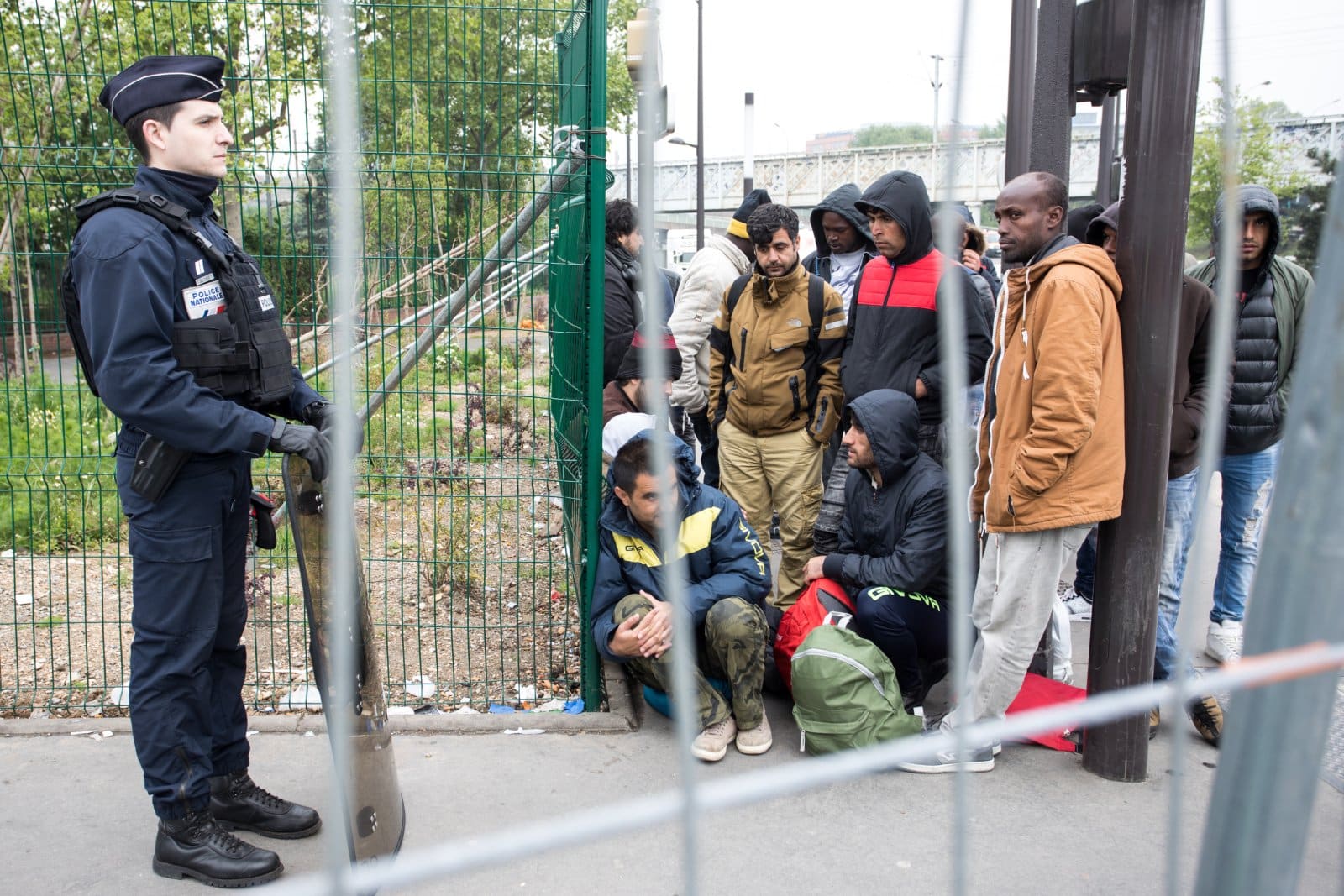
Immigration policies and border controls have become flashpoints between France and the UK. France accuses the UK of shirking its responsibilities, while the UK criticizes France for not doing enough to prevent illegal crossings. These disputes have led to a diplomatic stalemate and increased border security measures.
6. Economic Struggles

France’s economy has faced significant challenges, with slow growth and high unemployment rates. These economic issues have fueled public dissatisfaction and provided fertile ground for populist movements. The government’s ability to address these concerns remains in question, further straining the political landscape.
7. Protests and Civil Unrest

Frequent protests and civil unrest, such as the Yellow Vests movement, indicate widespread discontent among the French populace. These demonstrations often turn violent, highlighting deep-rooted frustrations with government policies and economic inequality. The government’s response has sometimes exacerbated tensions rather than alleviating them.
8. Anti-Government Sentiment
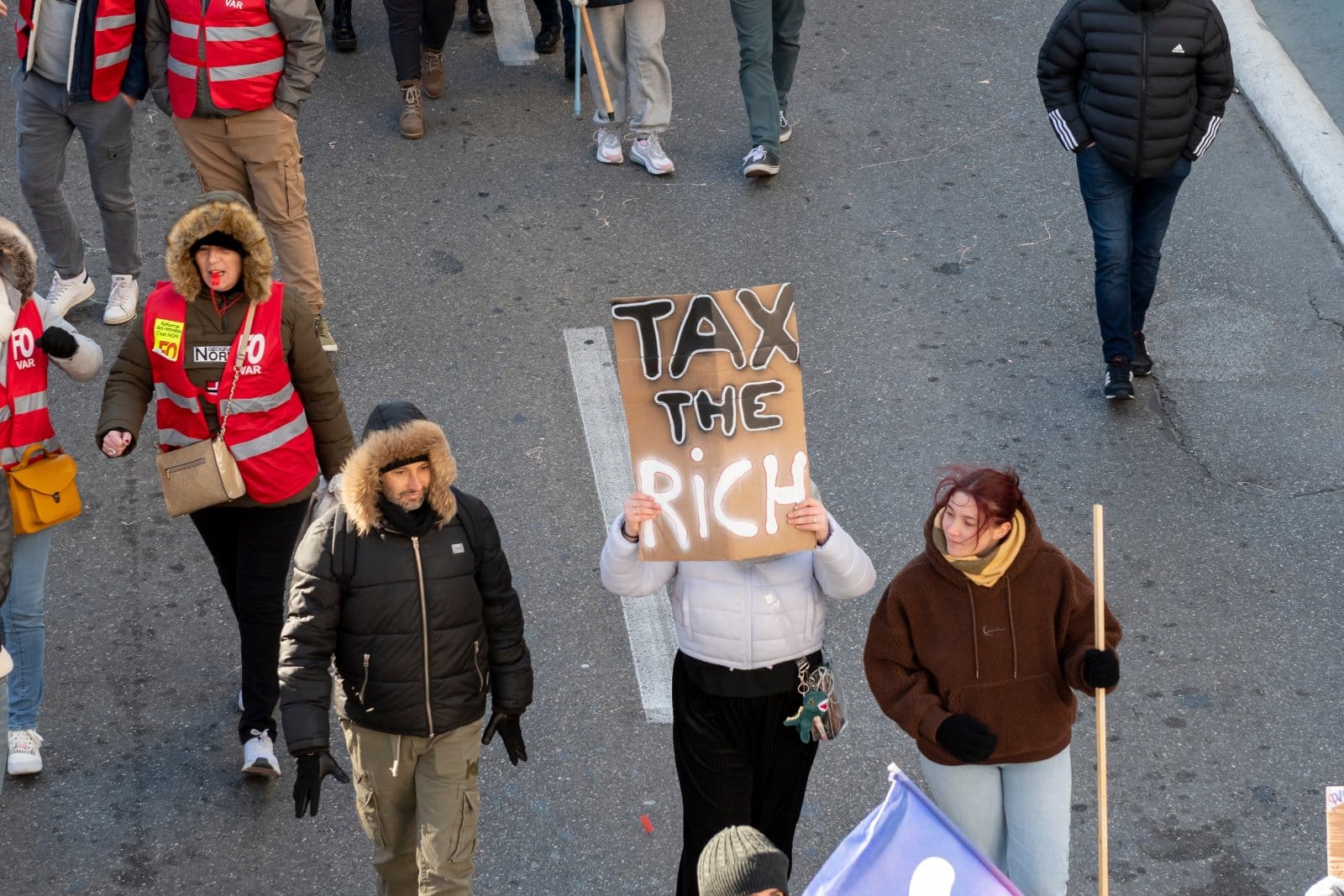
Anti-government sentiment is on the rise, with many French citizens feeling disconnected from their leaders. This sentiment is particularly strong in rural areas and among the working class. The perceived disconnect between the government and its citizens is a major factor driving political instability.
9. Challenges to Secularism

France’s strict secularism, known as laïcité, has come under scrutiny and challenge. Debates over religious symbols, such as the hijab, and secular policies have sparked tensions between different cultural and religious groups. These challenges have reignited debates about national identity and integration.
10. Security Concerns

France faces ongoing security concerns, including the threat of terrorism. The government has implemented stringent security measures, which have sometimes clashed with civil liberties. Balancing security and freedom remains a contentious issue, contributing to the overall climate of tension.
11. Political Fragmentation
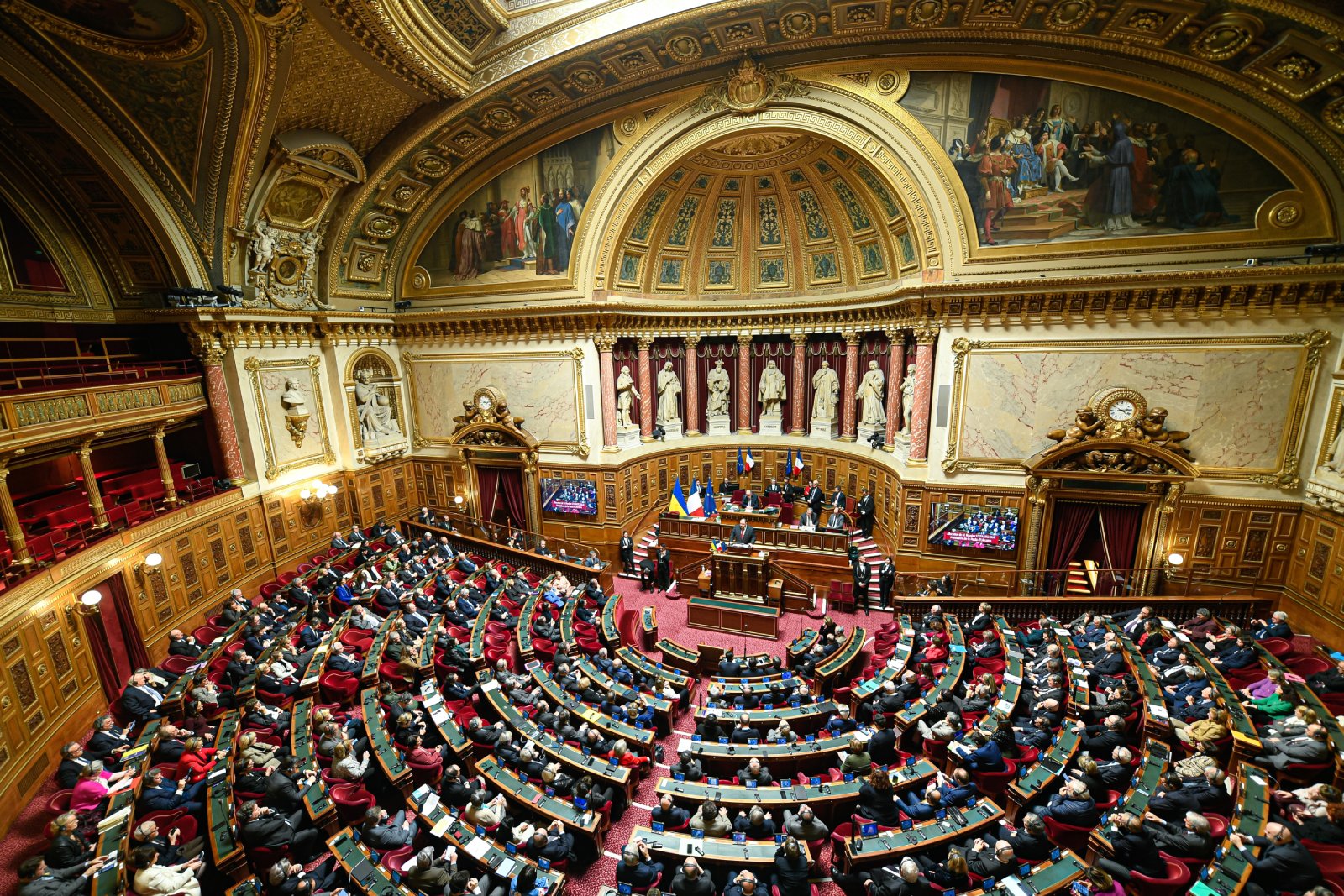
The French political landscape is increasingly fragmented, with no single party commanding overwhelming support. This fragmentation makes it difficult to form stable governments and pass significant legislation. The resulting political gridlock exacerbates public frustration and disillusionment.
12. Social Inequality

High levels of social inequality continue to plague France, contributing to social unrest. Disparities in income, education, and healthcare access fuel resentment among disadvantaged communities. Addressing these inequalities is crucial for achieving long-term social stability.
13. Environmental Protests
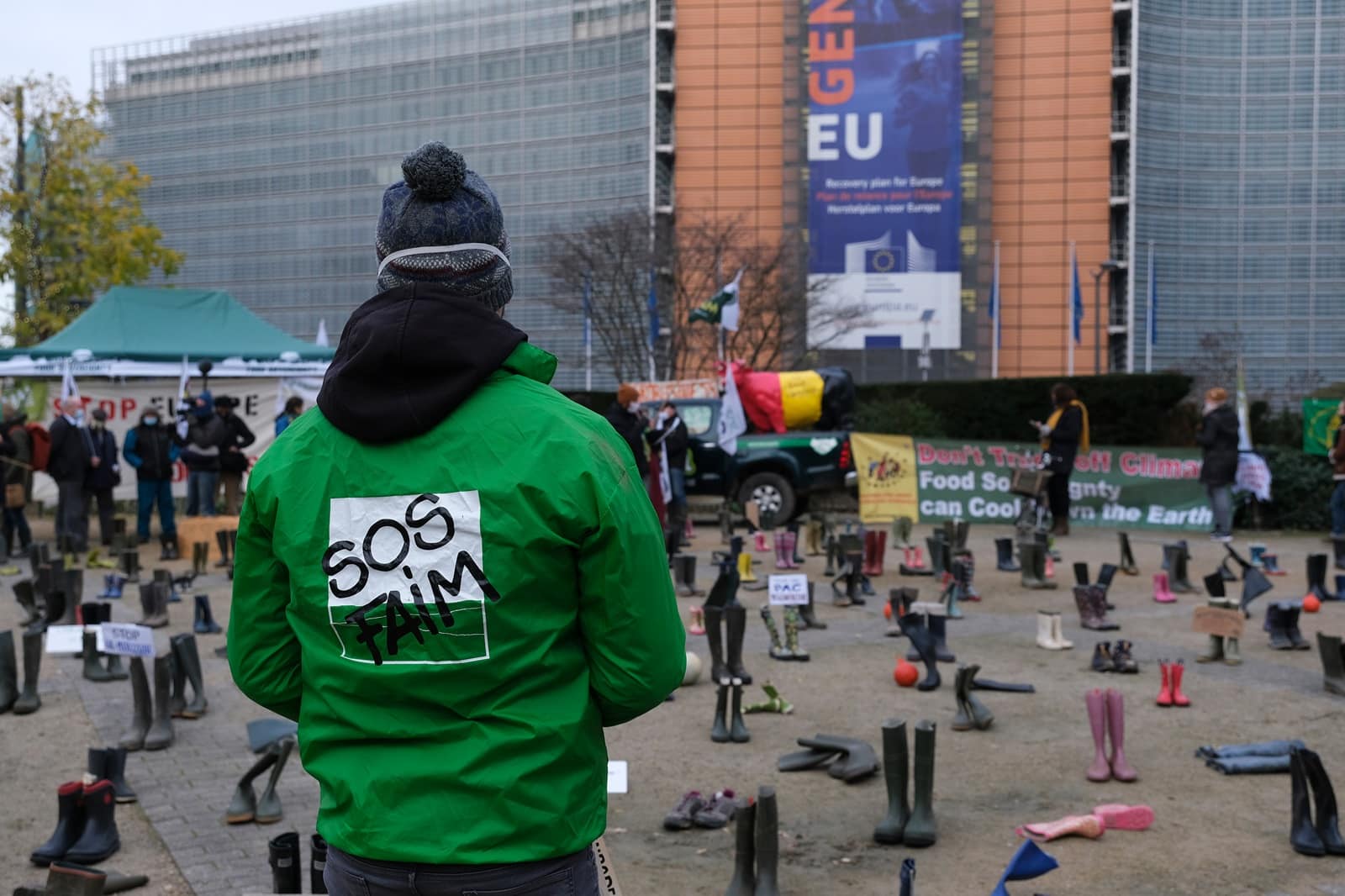
Environmental concerns have sparked a wave of protests and activism in France. The government’s environmental policies are often criticized as insufficient or misguided. These protests highlight the growing importance of environmental issues in French politics.
14. Impact of Brexit
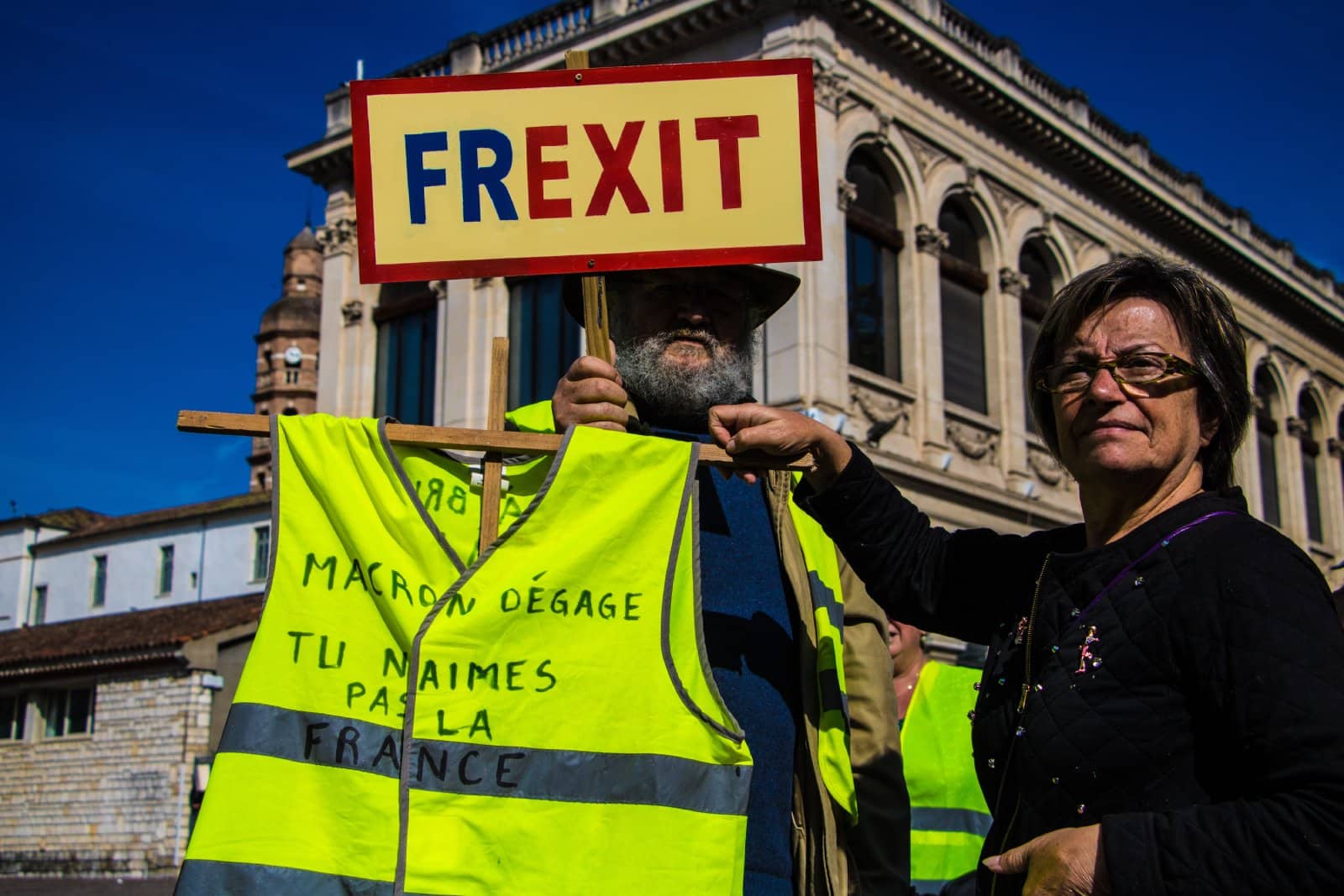
Brexit has significantly impacted France-UK relations, particularly in areas like trade and travel. The complexities of post-Brexit agreements have led to ongoing disputes and logistical challenges. The long-term effects of Brexit continue to unfold, adding to the strain between the two nations.
15. Media Polarization

The French media landscape is increasingly polarized, reflecting and amplifying political divisions. Media outlets often cater to specific political ideologies, contributing to a fragmented public discourse. This polarization makes it challenging to find common ground on critical issues.
16. Declining Trust in Institutions

Trust in political and social institutions in France is declining. Scandals, perceived corruption, and ineffective governance have eroded public confidence. Rebuilding this trust is essential for fostering a more stable and cohesive society.
17. Cultural Tensions

Cultural tensions, particularly related to immigration and integration, are on the rise. Debates over national identity and cultural preservation often lead to divisive rhetoric and policies. These tensions reflect broader global challenges but are particularly acute in France.
18. Youth Unemployment

High youth unemployment rates are a significant concern in France. The lack of opportunities for young people fuels discontent and disenfranchisement. Addressing youth unemployment is critical for ensuring a stable and prosperous future.
19. Education System Challenges
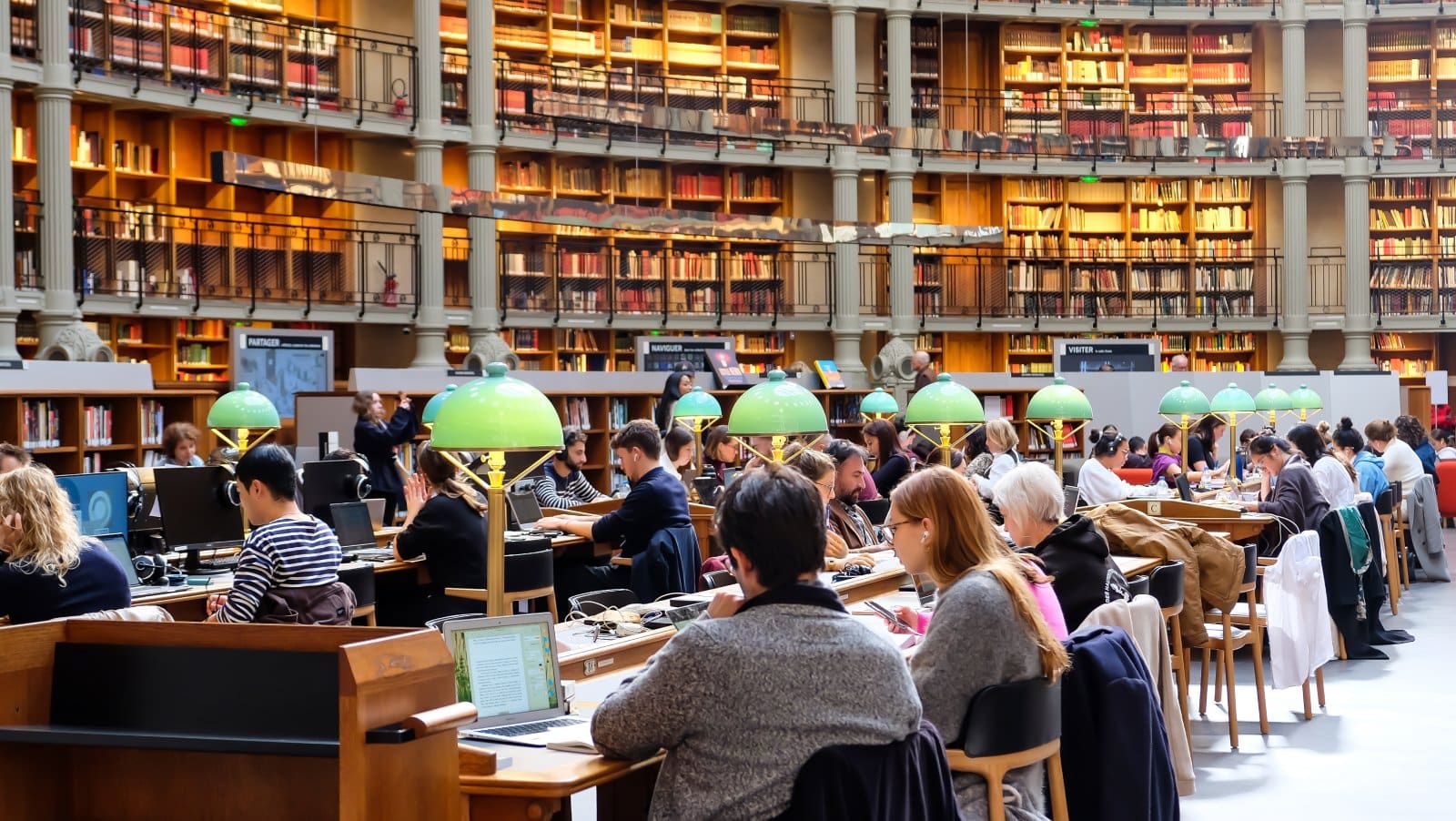
The French education system faces numerous challenges, including inequality and declining performance. These issues impact social mobility and contribute to broader societal inequalities. Reforming the education system is necessary for addressing these deep-seated problems.
20. Healthcare System Strain

France’s healthcare system, though robust, faces strain from demographic changes and funding challenges. Ensuring access to quality healthcare for all citizens is a persistent issue. The government’s ability to manage healthcare effectively impacts overall public satisfaction.
21. Macron’s Leadership

President Macron’s leadership has been polarizing, with significant opposition from various political factions. His policies and reforms, while ambitious, have often faced strong resistance. Macron’s ability to navigate these challenges will be crucial for France’s future stability.
A French Conundrum

France’s current state of turmoil reflects broader global challenges and internal strife. Addressing these red flags requires effective leadership, cohesive policies, and a commitment to unity. Whether France can navigate these turbulent times will shape its future on the world stage.
10 Worst Places to Live in the UK Today
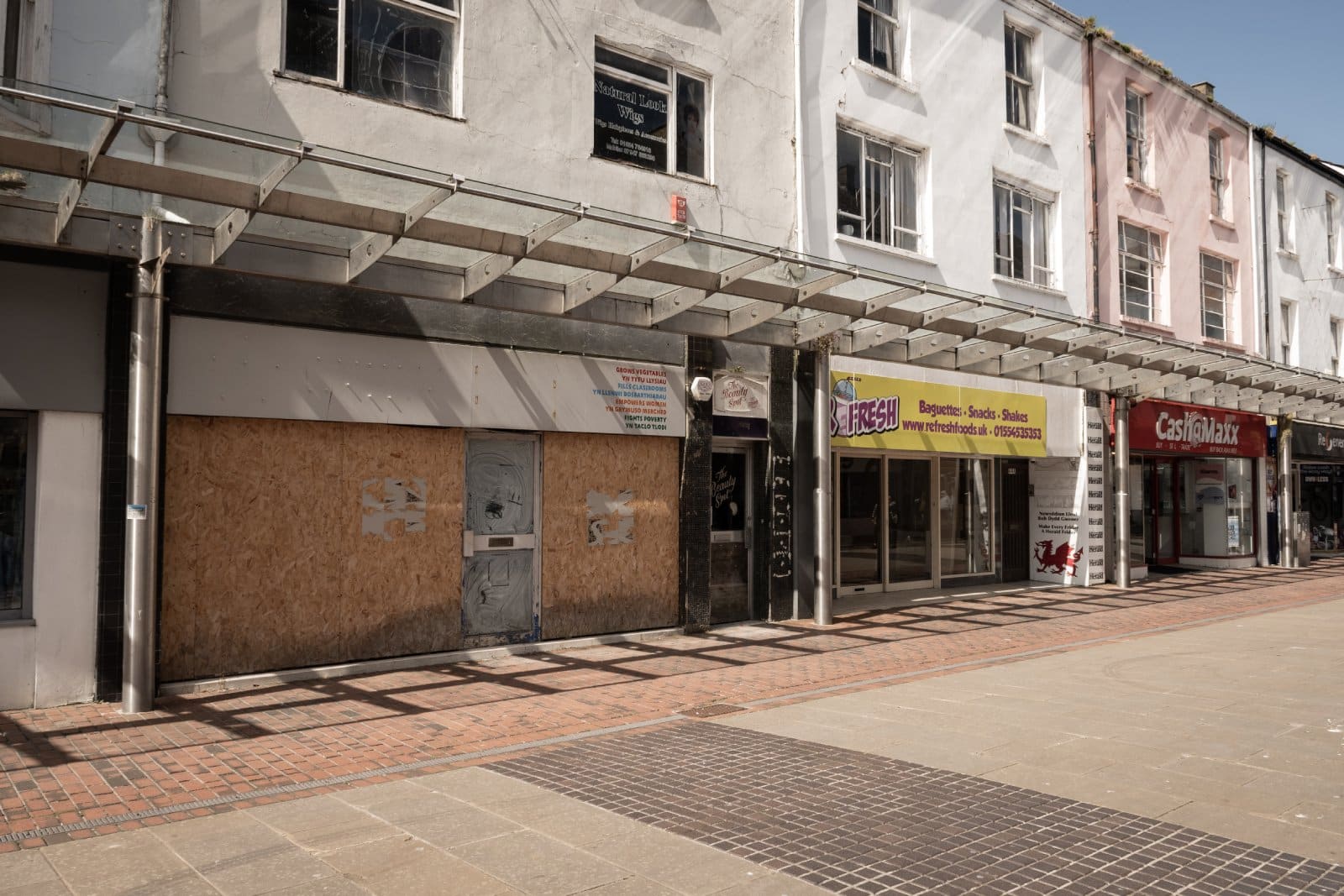
Here’s a look at the 10 worst places to live in the UK, based on statistical analysis and local sentiment, to help you understand the challenges residents may face in these areas. 10 Worst Places to Live in the UK Today
“We Will Never Come to Help You” – Trump’s Hurtful Words Raise Concerns About EU Firepower
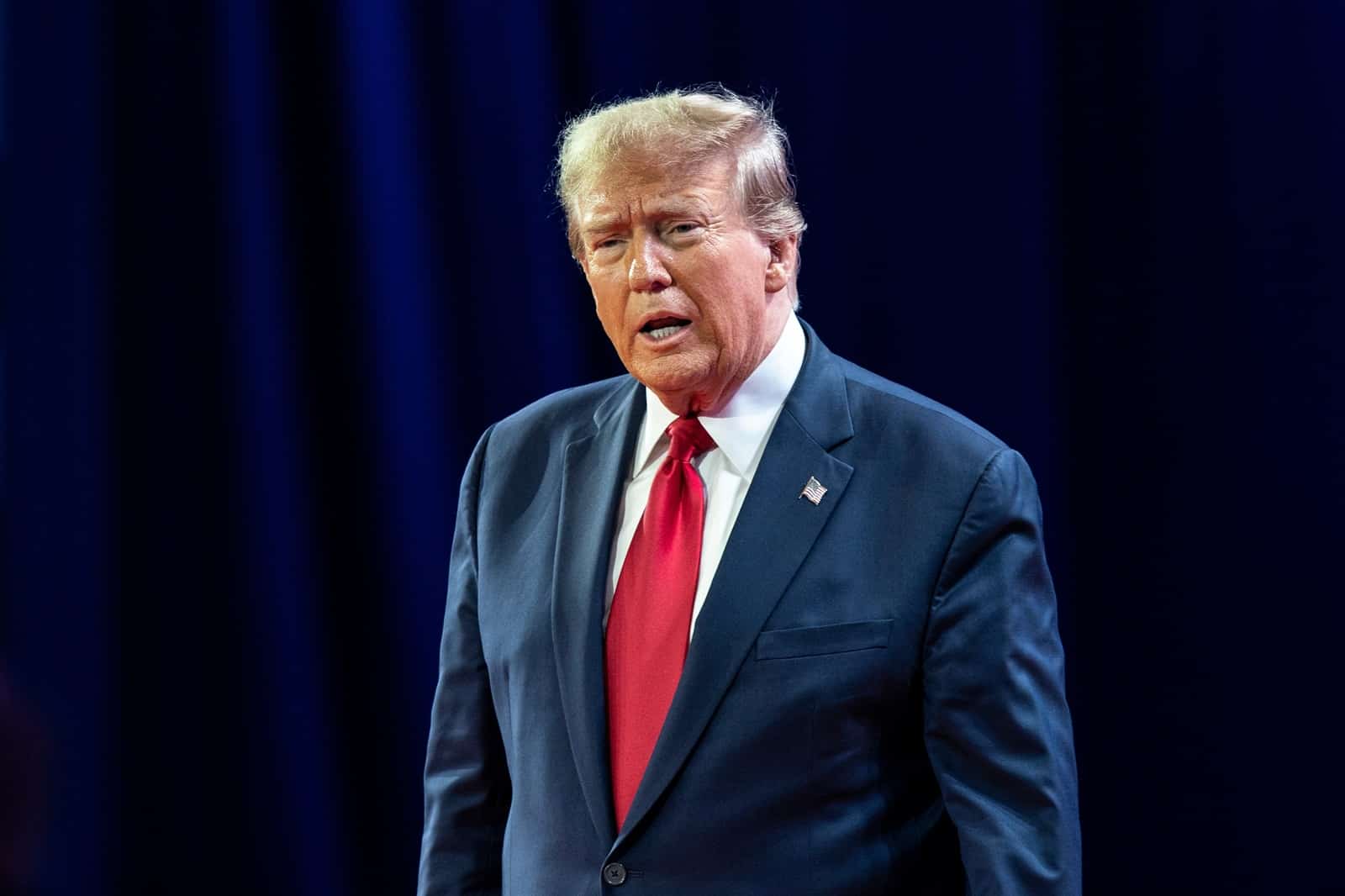
It was revealed in a conference in Brussels that former President Donald Trump said in 2020 that the US would “never help” Europe if it was attacked. Now, European nations are grouping to commit more firepower to combat Putin’s threat to democracy. “We Will Never Come to Help You” – Trump’s Hurtful Words Raise Concerns About EU Firepower
Brexit Fallout: 20 Ways the EU Is Falling Apart Without the UK
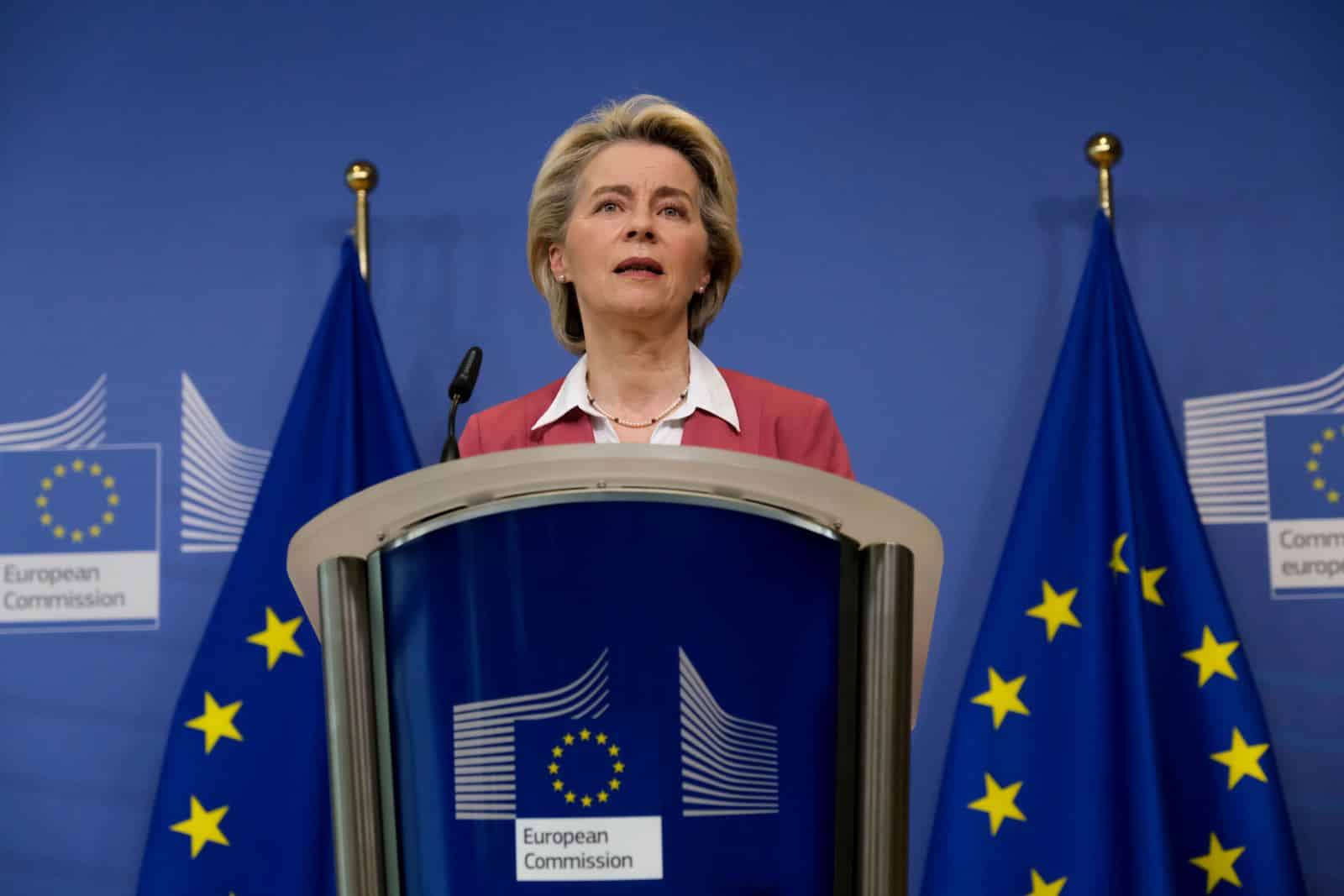
Since Brexit, the EU has been grappling with multiple crises and internal conflicts. Can the bloc hold itself together in these turbulent times? Brexit Fallout: 20 Ways the EU Is Falling Apart Without the UK
Featured Image Credit: Shutterstock / HJBC.
For transparency, this content was partly developed with AI assistance and carefully curated by an experienced editor to be informative and ensure accuracy.

